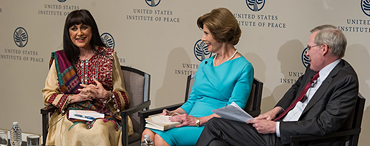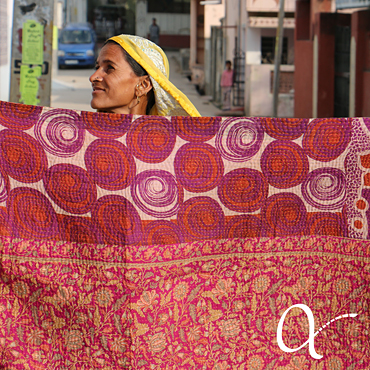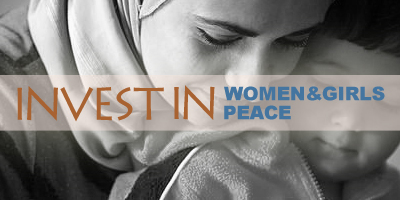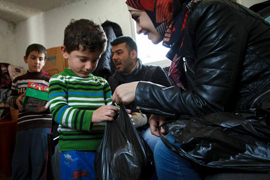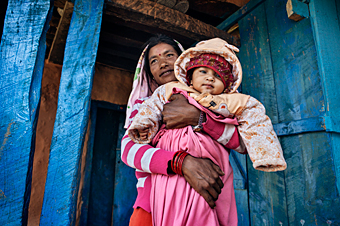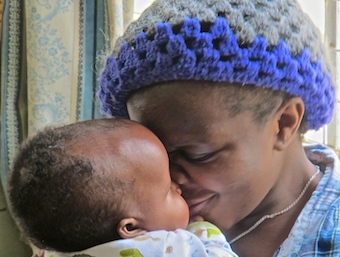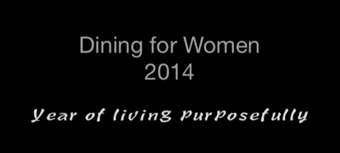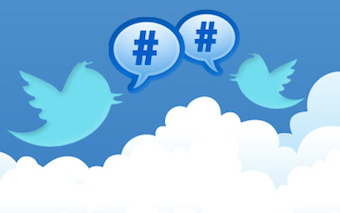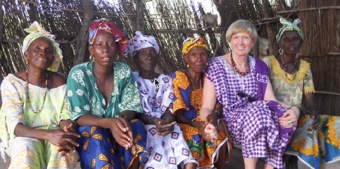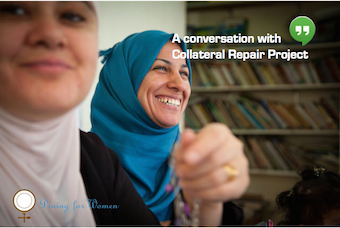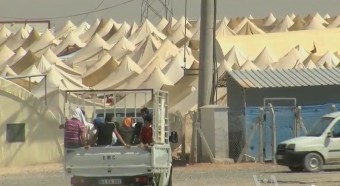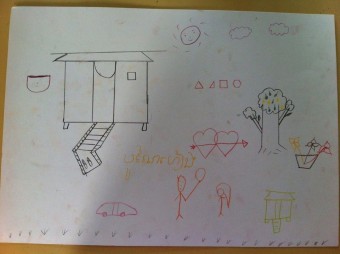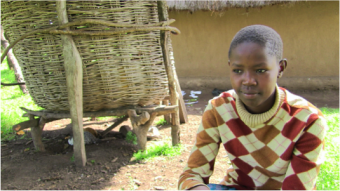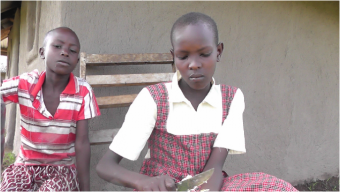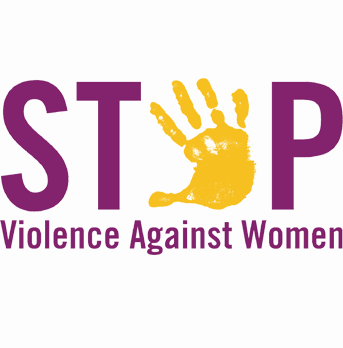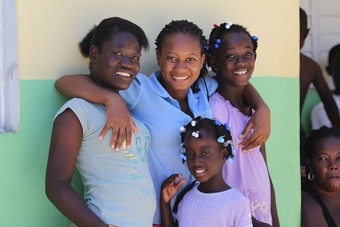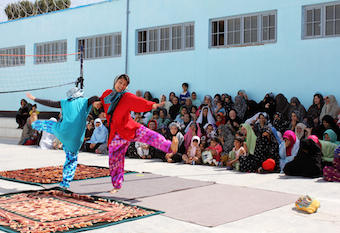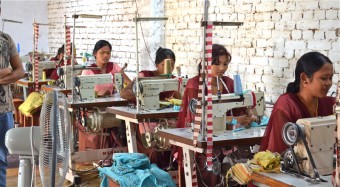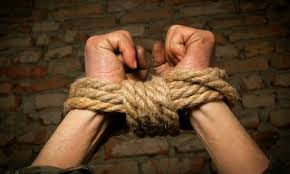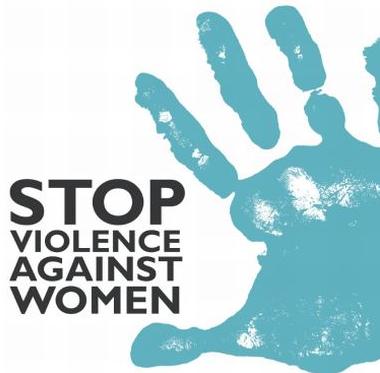The 16 days between the International Day for the Elimination of Violence Against Women (Nov. 25) and Human Rights Day (Dec. 10) represents a coordinated effort to promote activism and awareness. Violence against women exists in every country and at every income level. So there are many voices talking about the issue this week.
Dining for Women has put together a digital magazine that is curating and aggregating these voices. On Twitter, #16days and #violenceagainstwomen are being used to coordinate the conversation, but there are others. On Facebook, these tags and DFWs #DFW16days are being used as a way to bring all your comments together.
And there are news articles, scholarly articles and posts from the UNWomen, programs and nonprofits.
You can read this magazine on the web just by following this link or by downloading the free Flipboard app for whatever flavor of mobile device you use. If you see a page that just has a hashtag on it, like #16days, that’s a custom search that will bring up a current list of all tweets using that tag.
The magazine will be updated automatically with new content from across the web. You can Follow the magazine to have it added to your Flipboard bookshelf and share it with others. Share your insights, observations and thoughts for increasing awareness: post on Facebook or Twitter with the #DFW16days.
Photo: The Empire State Building in New York City lights up orange to support the International Day for the Elimination of Violence Against Women. The United Nations was also lit up in orange.
Read Stop the Violence
